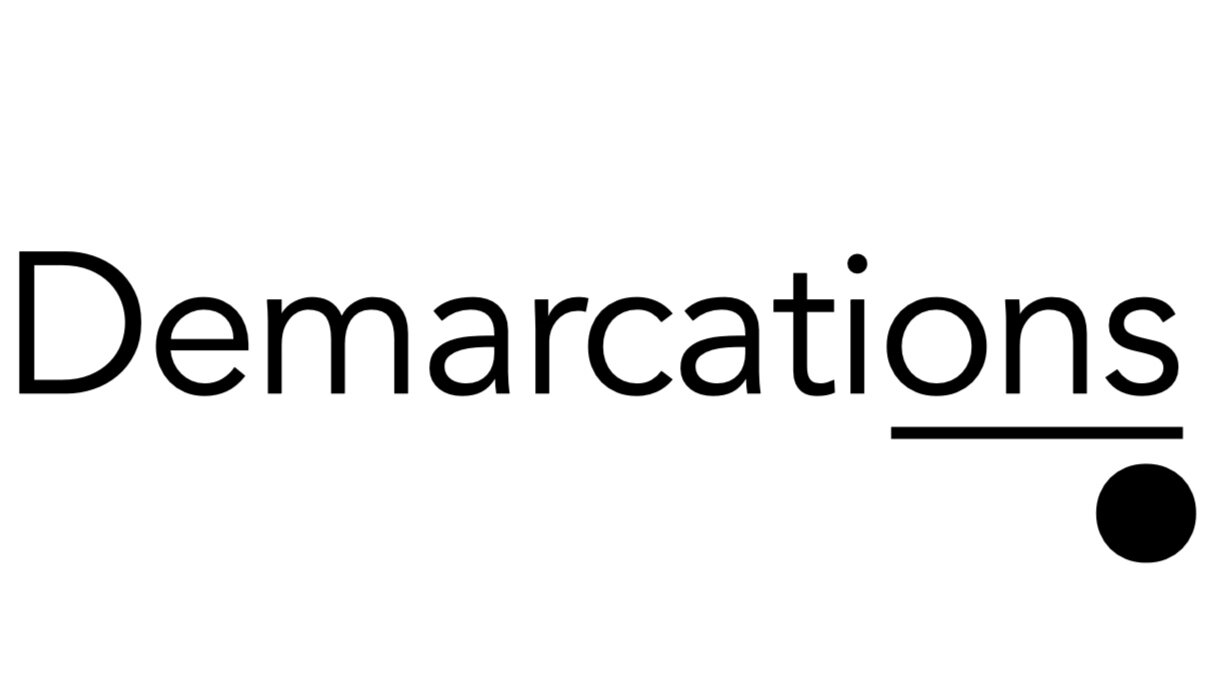
But I keep thinking about over-processing. It's wasteful to get a tool that's more powerful than what's needed for the job. Here's some of my thinking.
- How fast? I do minimal multimedia work. Mostly, I access databases and documents on a local network and remotely, create text-based documents, and work on the web. But time is money (my time ends up being my clients' money, to be precise). So, I decided to get the fastest available processor along with a solid state drive. I can always upgrade RAM, but predict 4 GB will be plenty for 95% of my work.
- How much memory? With a 500 GB hard drive I can save data for years to come without worrying about usable disk space. But I've only got 65 GB of data now. So I decided to get the 128 GB drive. I can always upgrade when I near capacity. And who knows what cloud storage options will look like then.
The hardest decision was whether to get a solid state drive. Ultimately, I chose one because they're more reliable (no moving parts) and run cooler (no motor). The result is a more efficient machine, with the related benefit of a longer battery life. I decided to go with the Apple OEM drive rather than with a third party upgrade. There may be better after-market drives out there, but I'd rather avoid any potential problems with warranties and service. If there's a problem, it's Apple's to fix. Period.
Now, it wasn't that hard to identify the right machine for today's work. The over-processing analysis would have been easy from that standpoint. But predicting the appropriate tool for two to four years from now? Given the extraordinary rate of change in consumer electronics and the web -- who knows what we'll all be doing then. That's what made this a challenge.
Has anyone else experienced this challenge when buying a computer? From an enterprise IT perspective, our firm certainly has, and larger organizations must have it even worse.
